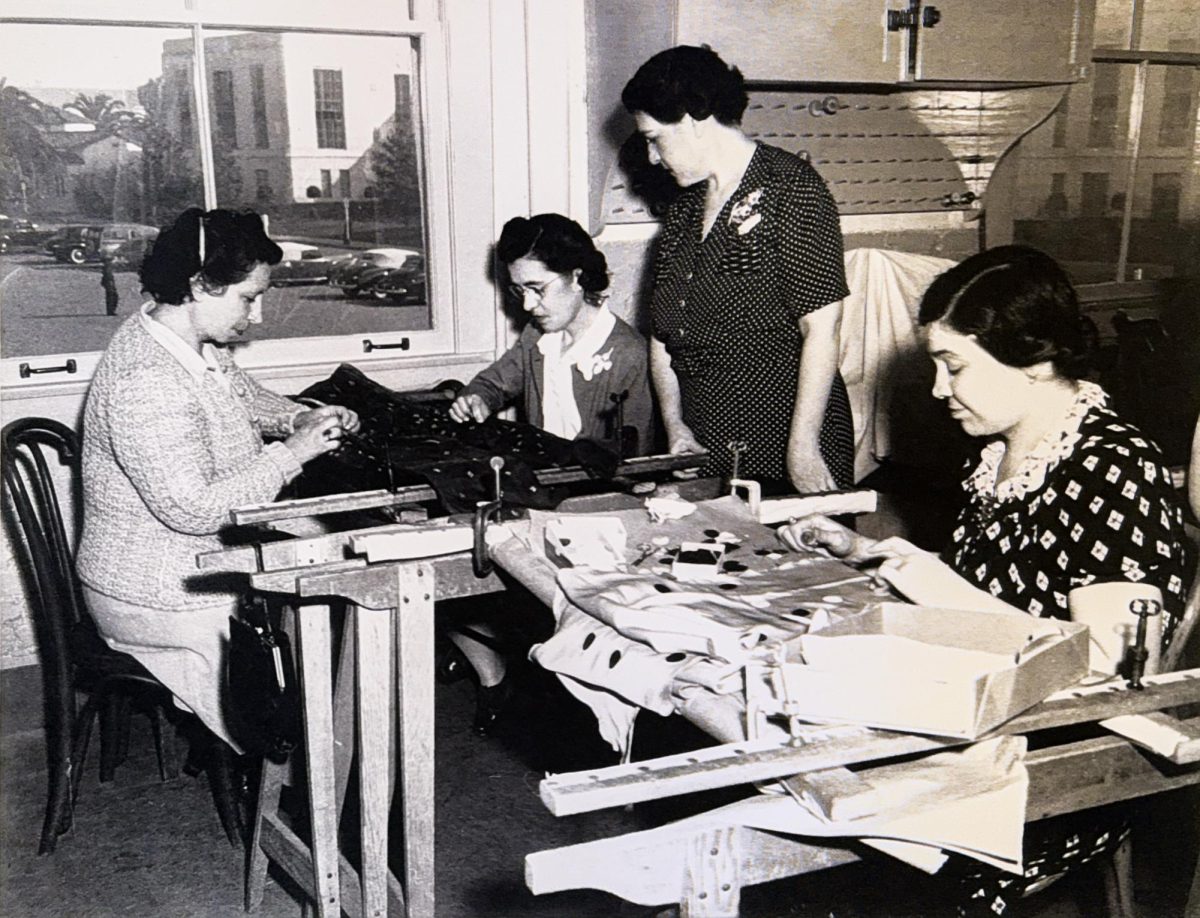 For Trump, there is always a need to be tougher, more aggressive, and as machiavellian as a leader can be. This is exemplified by his approach to the drugs in our country.
For Trump, there is always a need to be tougher, more aggressive, and as machiavellian as a leader can be. This is exemplified by his approach to the drugs in our country.
After proposing an unbuildable wall on the southern border that will supposedly protect us from massive drug trafficking, President Donald Trump is calling now for renewed vigor in the war on drugs, this time following the steps of the Filipino president Rodrigo Duterte.
“Some countries have a very, very tough penalty—the ultimate penalty,” President Trump said last month during a White House summit.
Trump is suggesting that executing drug dealers will solve the opioid crisis, a crisis that started in the first place not by the traffickers but by the pharmaceutical industry and pain advocacy groups.
Doctors until the 1960s and 1970s were trained to withhold opioids for very urgent and most severe forms of pain, such as cancer or end-of-life care. By the late 1990’s, however, opioid prescribing policies changed. Patient advocacy groups and pain specialists started to suggest that people with common forms of pain, such as backaches and joint pain, should be prescribed opioids. Concurrently, American Pain Society introduced the “pain as the 5th vital sign” campaign, adding pain to the four original vital signs representing essential body functions: heartbeat, breathing rate, temperature, and blood pressure.
Although Trump thinks that executions and being “tough,” is effective, it is a response that doesn’t address the root of the problem. It is a response that probably will increase the amount of deaths by deterring people from reporting overdoses and trap impoverished people of color dealing with minor transactions all while catering to the the big pharmaceutical companies who getting richer off the crisis.
Instead of making it harder for painkillers to be diverted or expanding access to addiction treatment, Trump decided to focus his efforts on gathering public support for executions of some of the most vulnerable people in our country.
Once again, Trump addresses an important issue on the minds of the American public, but once again, he uses it to gather support for his agenda.
A significant amount of Americans die from prescription opioid overdoses each year. Opioid manufacturers are selling a lot of drugs and are making sure that the demand will stay the same by giving monetary incentives to doctors. So the more a doctor prescribes the more money they will get—doctors are being legally bribed to sell narcotics, a very disturbing notion.
If he insists on using execution to solve the opioid epidemic, it would make more sense to execute leaders of the pharmaceutical industry following that logic. But, history and experiences elsewhere show that executing or other forms of violence leads to more violence. So, I am by no means calling for the death of anyone.
Historically, drug wars are good business for some people: the military-industrial complex, the commercial prison industry, gun manufacturers and dealers, to name a few and bad for the average citizen. What Trump is proposing is not beneficial to anyone but the rich opioid manufacturers.











